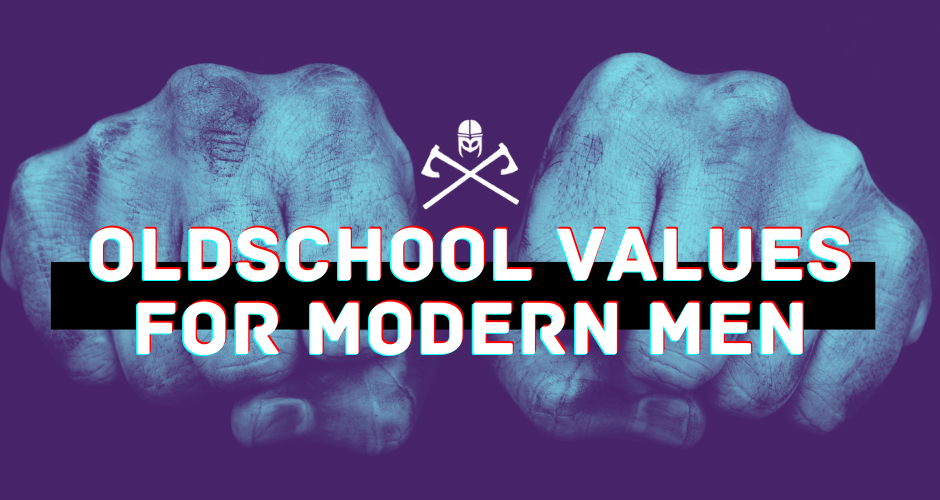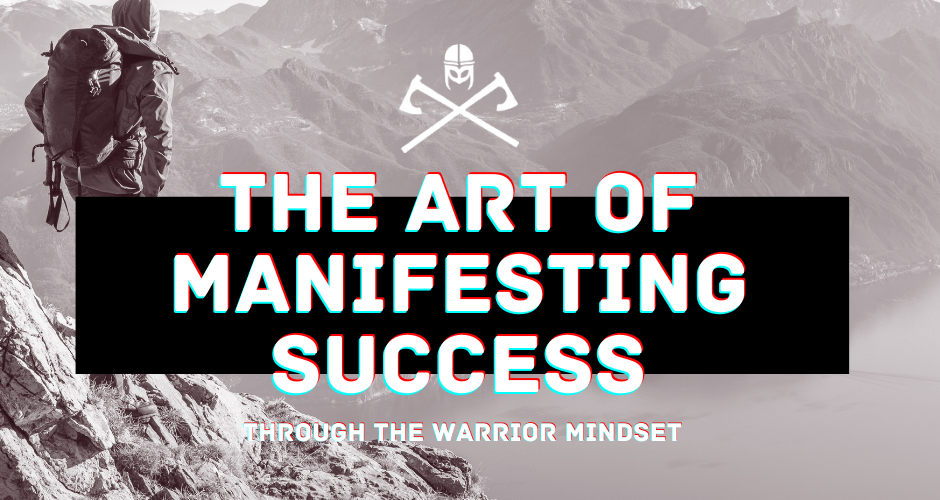
by Gene Crawford | Mar 25, 2024 | Podcast
Have you ever worn a cloak of shame so heavy it seemed impossible to shed? Astrodemus of Sparta did, and his story of disgrace transformed into honor is a testament to the human spirit’s relentless pursuit of redemption. Journey with us through ancient battlefields as we unravel the gripping narrative of a warrior who rose from the ashes of humiliation at the Battle of Thermopylae to a valorous end at Plataea. We’ll dissect how Astrodemus’ tale, echoed in novels and films, speaks to the broader themes of overcoming stigma and redefining what it means to reclaim lost dignity. It’s a tale of how the echoes of the past still resonate with our struggles today.
But why does Astrodemus’ story matter to us? The episode pushes further, drawing parallels between the ancient Spartan’s journey and our own battles with adversity in today’s world. In a segment that contrasts the Spartan’s physical trials with modern-day challenges, we touch upon how voluntarily facing hardship, as taught in programs like Mark Divine’s Seal Fit and the practices of shugyo, can shape our character and fortify our resolve.
This podcast takes you through the concept of ‘voluntary hardship’ – a transformative tool for character building. It’s about pushing ourselves beyond comfort to grow stronger, both mentally and physically. As we draw from the wisdom of SealFit and shugyo, we realize the powerful impact such practices can have on our personal development.
(more…)

by Gene Crawford | Mar 3, 2024 | Podcast
In the world of martial arts, there are many styles, each with its own unique philosophy and approach to combat and personal development. Among them stands Kyokushin Karate, known for its intense physical and mental discipline. The latest episode of our podcast delves deep into the heart of this martial art, drawing inspiration from its founder, Mas Oyama, and exploring the indomitable legacy he left behind.
Masutatsu Ōyama’s teachings transcend the confines of time, continuing to inspire martial artists across the globe. His book, “This is Karate,” is not just a manual of techniques; it’s a manifesto of the warrior spirit. As the founder of Kyokushin, his story is one of cultural heritage and the pursuit of excellence, both in martial arts and in life.
This episode pays homage to his life’s work, exploring the rigorous training techniques and the legendary 100-man kumite challenge. It’s an insight into how Mas Oyama’s philosophy fosters mental resilience and strength in practitioners, proving that Kyokushin is more than just a form of self-defense—it’s a transformative journey.
This is more than just a discussion; it’s a call to action. A call to embrace the warrior spirit within and embark on a journey of self-improvement through the discipline of karate. It’s an invitation to step onto the path of Kyokushin, to test your limits, and to transform not just your body, but your entire being. Whether you’re a seasoned martial artist or someone seeking a new path to personal growth, this episode offers valuable insights into the world of Mas Oyama’s Kyokushin Karate and the transformative power it holds. Join us in this deep dive into martial arts and awaken the warrior spirit that resides in us all.
Check out Part 1 of the Mas Oyama series here.
(more…)

by Gene Crawford | Feb 11, 2024 | Podcast
When Luke Nichols casts his line into the water, he’s not just fishing; he’s reeling in life lessons on the essence of modern masculinity. Similarly, Tony Polcari navigates the cityscape, his lifestyle a canvas showcasing how vibrant urban living aligns with ageless virtues. This episode stitches together the narratives of these two extraordinary men, revealing the tapestry of hard work, integrity, and respect that forms the core of genuine manhood. Their diverse paths converge on a shared truth: that masculinity, at its finest, is about nurturing without the need for showing off your outer strength.
Have you ever wondered how mental fortitude can be honed like a blade, sharp enough to cut through life’s toughest challenges? That’s precisely what Cam Haynes and David Goggins have mastered. Their insights form a critical part of our discussion on the power of directness and the art of difficult conversation. This episode becomes a crucible, transforming old-school virtues into modern-day strategies for anyone willing to embrace the journey toward self-awareness.
As the saying goes, the more things change, the more they stay the same. This rings true as we explore the ancient wisdom of the Bushido code, finding these ancient principles not just relevant but vital in our present-day hustle. Whether it’s the discipline of never dining alone or the transformative ‘I get to’ mindset, these values are the cornerstones of our daily interactions and personal standards.
I invite you to walk the path of discovery with me, carrying forward the lessons that have withstood the trials of time, for a tomorrow that’s built on the bedrock of integrity and self-improvement.
(more…)

by Gene Crawford | Jan 28, 2024 | Podcast
Have you ever caught yourself checking emails while on vacation, or find it difficult to truly unplug and enjoy downtime? You’re not alone. America’s hustle culture has us collectively wrapped around the notion that work should always come first, often at the expense of our health and well-being. In our latest episode, we peel back the layers of this phenomenon, revealing how our national reluctance to take time off not only underscores our values but also impacts our quality of life. Together, we question the undercurrent of fear that keeps us tethered to our desks and share personal tales that highlight the importance of setting boundaries for a healthier work-life integration.
The conversation deepens as we scrutinize the generational shift in work values, especially as it pertains to Gen Z’s approach to work and leisure. We challenge the negative stereotypes, celebrating instead their prioritization of time and mental health. But it’s not just about generations; it’s about a collective realization. This isn’t just an exploration; it’s a call to rediscover the joy in hobbies that don’t come with a price tag and the balance that leads to a more fulfilling existence.
We tackle the often-misunderstood concept of productivity, emphasizing that efficiency in work should serve to increase our leisure and not the other way around. We share uplifting anecdotes about individuals who’ve successfully crafted lives that prioritize passions and family over work without sacrificing professional success. Wrapping things up, we laugh over the irony of how setting firm boundaries can sometimes be the key to success, both personally and professionally. So, join us for an engaging discussion that’s all about redefining success, embracing rest, and the courage it takes to say “no” in a world that constantly demands “yes.
(more…)

by Gene Crawford | Dec 4, 2023 | Podcast
Ever wondered if your mindset might be holding you back from a fulfilling life? Imagine viewing setbacks as stepping stones to success instead of obstacles.
In this episode, we explore how to utilize social media as a tool for personal growth, uncovering the impact of discipline, vision, and self-belief on self-improvement. We dive into the transformative concept of manifesting and the language’s power in shaping our realities. Drawing inspiration from legends like Steve Jobs, we embrace a fearless approach to failure and discuss stoicism, gratitude, and maintaining positive relationships. Learn to control reactions, focus on your thoughts and actions, and understand the importance of communication in friendships. Discover the types of friends to surround yourself with and how to avoid negativity. Join us for a treasure trove of insights, cultivating a warrior mindset for your journey of self-improvement.
(more…)





